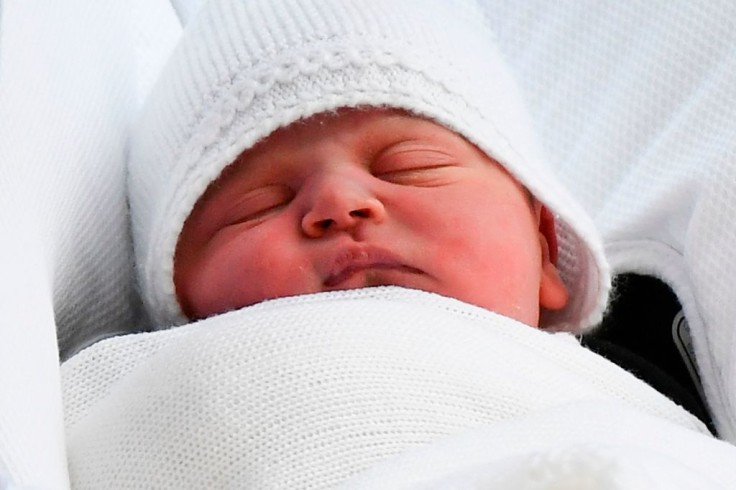
Do you feel like a zombie with a baby's sleep pattern? Don't worry, a full night of uninterrupted sleep is on the horizon!
Discover when babies typically start sleeping through the night and how it impacts their physical and cognitive development.
Many parents wrestle with sleep deprivation in the first months of their baby's life, and a common question is when babies begin sleeping for more extended periods.
The answer varies, with some infants achieving longer stretches as early as three months, while other babies may take until 12 months or more to consistently sleep through the night.
M.S.W., co-creator of The Sleepeasy Solution, Jennifer Waldburger, ensures that babies receive adequate "sleep nutrition" in terms of both quality and quantity, which is crucial for optimal physical, cognitive, and emotional development. The timing and achievement of good sleep nutrition depend on factors such as age, environment, family routine, temperament, and weight.
The positive news is that, with some effort and patience, the baby will eventually enjoy prolonged periods of sleep. Explore when babies naturally start sleeping through the night and the developmental milestones associated with this achievement.
Developmental Milestones for Sleeping Through the Night
Decreased startle (or Moro) reflex, which typically diminishes and disappears by around four months, can prevent sudden awakenings due to limb jerking.
Another milestone for babies is the reduced or eliminated need for multiple feedings during the night. Also, the enhanced ability to self-soothe is a skill that is essential for returning to sleep if they wake up during the night.
It's important to note that as babies work toward these milestones, their sleep may be temporarily disrupted, especially when approaching new developmental stages like rolling over, crawling, or walking.
When Do Babies Start Sleeping Longer
Babies may begin sleeping for longer stretches around 4 to 6 months, with uninterrupted sleep (more than eight hours) commonly occurring by the age of 6 months, according to Dr. Danny Lewin, associate director of pediatric sleep medicine at Children's National Medical Center.
The timing can be influenced by factors such as the cessation of nighttime feedings. Breastfed babies may take a bit longer to give up nighttime feedings due to the faster metabolism of breast milk.
It's necessary to acknowledge that even if the baby has been sleeping through the night for a while, disruptions occasionally may occur, and is often associated with developmental milestones or other factors like travel, illness, teething, or changes in the home.
Tips To Help Baby Sleep Longer
- Establish a suitable bedtime for the baby's age, typically around 7 or 7:30 p.m.
- Create a consistent nighttime routine to provide a sense of security.
- Encourage self-soothing by putting the baby down fully awake around four months old.
- Be consistent in your approach, as the sleep-learning process may take several weeks.
Always bear in mind that a quiet room doesn't always guarantee a sleeping child, and infants may be awake for extended periods during the night.
If facing challenges with baby's sleep, consider consulting a pediatrician, especially if there are concerns like difficulty breathing, or excessive fussiness at bedtime or after feedings and snoring which could indicate underlying issues such as GERD (gastroesophageal reflux disease).
Establishing habits, like maintaining a consistent bedtime routine, plays a crucial role in facilitating infants to sleep through the night. Similar to children and adults, the events during the daytime and the activities leading up to bedtime significantly influence the quality of nighttime sleep for babies.
Related Article: How To Effectively Use a Sleep Sack for Newborns